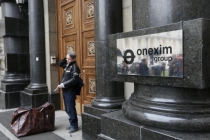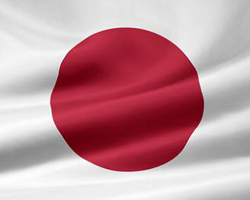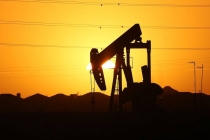Moody's: Korea's Public Sector Reforms Present Mid- and Long-Term Credit Challenges for State-owned Companies
Moody's Investors Service says that the Korean government's (Aa2 stable) planned public-sector reforms will raise the risk of credit quality erosion for many rated infrastructure and corporate government-related issuers (GRIs) and their subsidiaries over the medium and long term. "Such issuers will face rising medium- and long-term credit challenges, as a result of the reforms, because a stable regulatory and policy environment has been a key factor underpinning their issuer ratings, which incorporate the probability of extraordinary government or parental support," says Mic Kang, a Moody's Vice President and Senior Analyst. "However, the credit quality of these rated issuers will mostly remain steady over the next 1-2 years because the Korean government's reform plan, announced on 14 June 2016, calls for only moderate changes in the operations of most companies," says Kang. Kang was speaking on Moody's recently-released sector-in-depth report on Korea's GRI sector, "Government-Related Issuers -- Korea: Public-Sector Reforms Raise Medium- to Long-Term Credit Challenges". The report was authored by Kang and Wan Hee Yoo, a Moody's Vice President and Senior Analyst. "Of the rated state-owned companies, Korea Resources Corporation will likely be the most exposed to reform-related challenges, owing to its waning policy role," says Yoo. We also note that the government intends to downsize Korea Resources Corporation's (Aa3 negative) mining investment business and loss-making mining portfolio. In contrast, although Korea National Oil Corporation (Aa2 stable) also recorded a sizeable impairment loss in 2015, its strategic importance will likely remain largely intact, given its continued ownership of major oil and gas exploration and production assets, and an oil stockpiling business. Uncertainty over the future ownership structures of Korea Electric Power Corporation's (KEPCO, Aa2 stable) six power-generating companies (gencos) -- all rated Aa2 with stable outlooks -- clouds their credit profiles in the medium to long term. The six gencos are Korea Hydro and Nuclear Power Company Limited, Korea South-East Power Co., Ltd., Korea East-West Power Co., Ltd., Korea Midland Power Co., Ltd., Korea Western Power Co., Ltd. and Korea Southern Power Co., Ltd. The potential listing of the gencos also raises the possibility of further government reform that could lead to changes in their relationships with their parent. On the other hand, over the next 1-2 years, KEPCO will likely maintain controlling stakes in the subsidiaries, given that only 20%-30% stakes will be offered in the planned listings. We believe that the regulated power and gas utility companies -- KEPCO, Korea Gas Corporation (Kogas, Aa2 stable) and Korea District Heating Corporation (KDHC, A1 stable) -- will be able to cope with proposed reforms. The planned progressive opening up of KEPCO's retail electricity sales and Kogas' natural gas import for wholesaling to private companies, and KDHC's issuance of new shares to private investors are unlikely to reduce their strategic importance, or the likelihood of the government's extraordinary support. However, their credit profiles will likely be under pressure, if the government further dilutes the policy roles of the three utilities and/or its stake in KDHC in the future.
News are provided byInstaForex.











